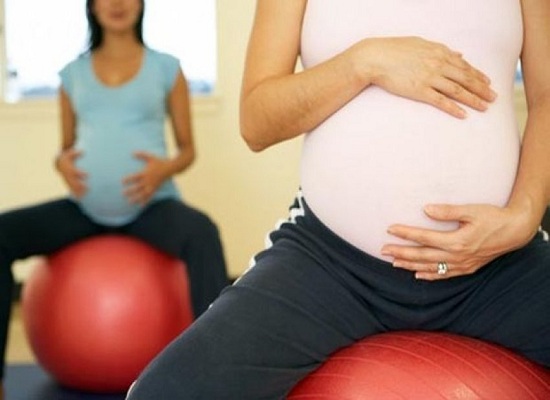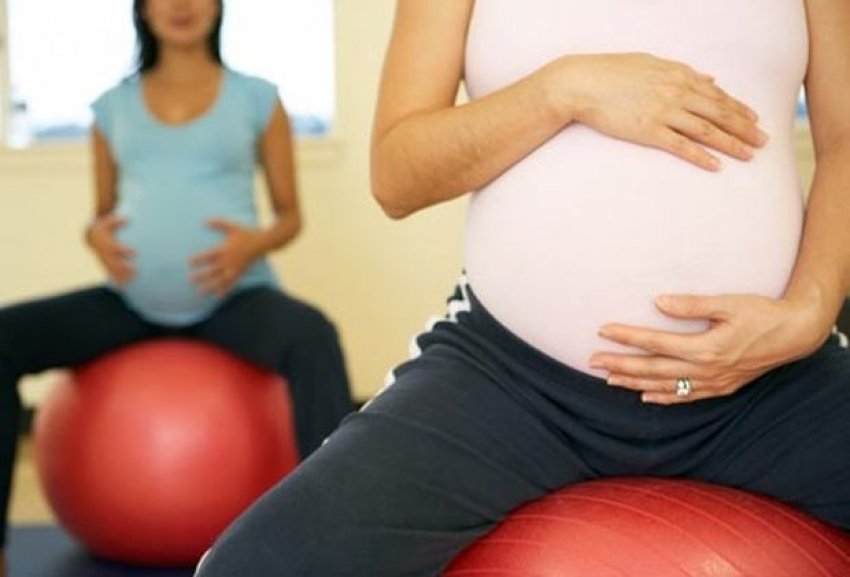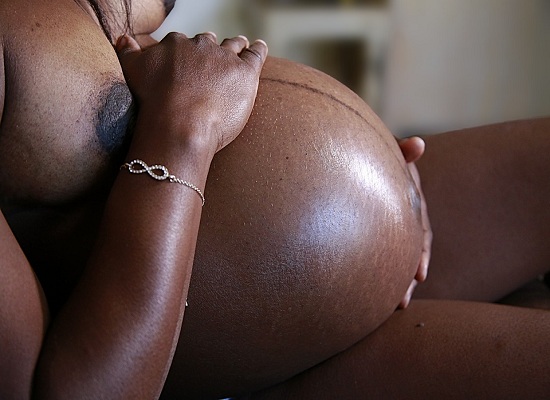

By Mosope Idowu
Many women have been led to believe that exercising during pregnancy is risky; however the truth is that NOT exercising during pregnancy poses a higher risk to both mother and baby.
Even if a woman was not physically active before getting pregnant, it is safe for her to START EXERCISING in ANY TRIMESTER provided that there are no complications in the pregnancy. Studies have shown that there is no correlation between exercise and miscarriages or any other prenatal complications of any kind.
Below are some common risks that women face during pregnancy and how exercise can help prevent and manage them.
1.Excessive Weight Gain – This is by far the biggest risk during pregnancy. Healthy weight gain is recommended to be between 25-35lbs (11-14kg) but many women gain much more than this because of poor eating habits and lack of exercise. During pregnancy the body requires only an additional 300 calories per day, but many women end up eating more because of the belief that they are “eating for two”, an inability to fight their cravings, and living a sedimentary lifestyle. Partaking in regular physical activity throughout pregnancy is advised to prevent excessive weight gain.
2.Higher risk of Gestational Diabetes – Gestational diabetes occurs when the body is unable to make and use insulin properly during pregnancy. This results in an increase in blood glucose, which causes weight gain for both mother and baby. For this reason eating a healthy diet during pregnancy (watching sugar intake) is a good idea for any pregnant woman. Partaking in regular exercise is recommended to help burn up extra glucose and prevent/control gestational diabetes.
3.Higher risk of developing High Blood Pressure – Lack of proper nutrition and physical activity during pregnancy could lead to excessive weight gain, which increases the risk of pregnancy-induced hypertension. An increase in blood volume occurs when a woman is pregnant, so the heart has to work harder. For this reason some form of cardio is recommended throughout pregnancy to keep the heart strong.
4.Joint, Ligament & Lower Back Pain – There is more weight and strain on a woman’s joints, ligaments and back during pregnancy, not to mention that pregnancy hormones cause everything to “relax”. Regular strength training (including core and pelvic floor exercise) & safe stretching during pregnancy will help combat these issues by strengthening the muscles and helping maintain good posture.
5.Inability to Cope – It is normal for a pregnant woman to feel more tired and emotional during pregnancy due to the hormonal and physical changes that her body undergoes. Regular exercise can serve as a great coping mechanism during this time. Specifically, joining a prenatal fitness class can also help first-time mums connect with other women in similar situations and provide some form of support.
6.Longer Recovery Time After Childbirth – Every new mum desires the “snap back” as seen on TV and Instagram. However this would not be possible without some level of work. Women who had previously been able to maintain a “slim” physique before pregnancy may find that their bodies have changed significantly. Regular physical activity during pregnancy keeps fat cells low and helps maintain muscle mass and memory. All these help with postpartum weight loss and recovery.
Mosope Idowu is the founder of bethelfitmum, which caters to busy mums with young children who have limited time and feel overwhelmed by the demands of life, but desire to improve their health and fitness. She is a certified personal trainer with specialisation in post-partum weight loss and healthy nutrition.
She can be contacted via email at info@bethelfitmum.com and https://www.instagram.com/bethelfitmum/ and on her website www.bethelfitmum.com



